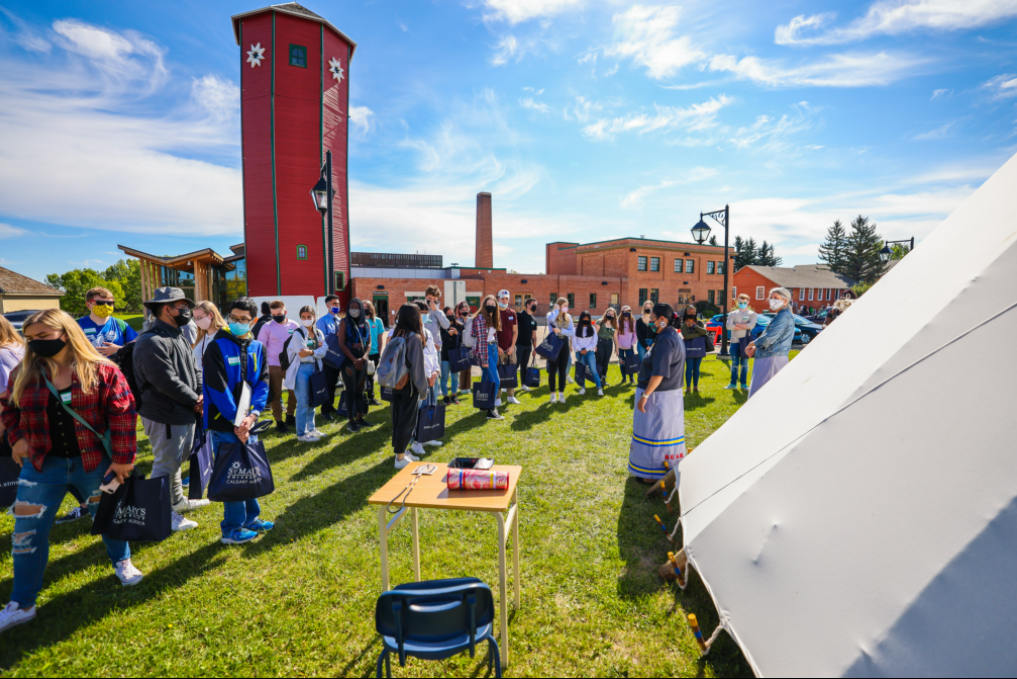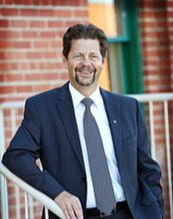|
The Vatican’s Congregation for Catholic Education has estimated that the total number of Catholic higher education institutions around the world is over 1300. In North America there are approximately 300 Catholic post-secondary institutions, with close to 25 of these in Canada alone. These run the gamut of large stand-alone public institutions like Mount Saint Vincent and St. Francis Xavier in Nova Scotia to small independent universities like St. Mary’s University in Alberta. Many Catholic PSIs, such as the University of St. Michael’s College or St. Paul’s College are affiliated with larger secular institutions, such as the University of Toronto or the University of Manitoba respectively. Indeed, affiliated institutions are the norm, with universities and colleges partnering with larger institutions throughout the country, from the Maritimes to British Columbia. Many of these institutions were founded directly by religious orders and maintain strong ties to these originating partnerships. Campion College, at the University of Regina, for example, is a Jesuit university college started in 1917. Brescia University College, affiliated with Western University, was founded in 1919 by the Ursuline Sisters. St. Thomas University in New Brunswick dates back to 1920 and was originally led by the Basilian Fathers of Toronto. A great many of these institutions began as or remain largely Liberal Arts institutions, though many also deliver professional programs in Education, Nursing and Business, for example, or specialize in Theological offerings. For all of the variety, a common point of connection is the deep bond with their Catholic heritage. Many mission statements speak specifically of the need to educate students in mind, body and spirit. Most subscribe, in some substantive way, to the Ex corde Ecclesiae, an apostolic constitution that defines the key principles of Catholic universities, as issued by Saint Pope John Paul II in 1990. The Ex corde reminds us that the concept of the university itself owes its existence to the Church, and that the three oldest — Bologna, Oxford and Salamanca — began as religious institutions as far back as the 1000s and 1100s. The Ex corde identifies four essential characteristics of Catholic post-secondary institutions: that they publicly celebrate their commitment to their Catholicity; that they reflect on the vast field of human knowledge in the light of the Catholic faith; that they are true to the Gospel values; and that they promote social justice and the common good in and for those they serve. In ‘The Idea of a University,’ Saint John Henry Newman defined exactly this view of a Catholic university’s charter: to provide ‘a comprehensive view of truth in all its branches,’ to nourish a true ‘cultivation of the mind,’ and to prepare graduates to be citizens of the world who could move ‘with comparative ease into any subject of thought,’ in order to make an impact in society. Catholic education is not about an ivory tower — it is about the preparation of ethical, informed citizens ready to influence and change the real world for the better. For David Malloy, President of King’s University College at Western, it is exactly this ‘dedication to and engagement with the community’ that most impresses him about his university’s mission. ‘This university breeds a culture of social justice and social concern, very consistent with Catholic teaching and its intellectual tradition, that spreads across disciplines.’ Peter Meehan, President of St. Jerome’s University in the University of Waterloo, and Chair of the Association of Catholic Colleges and Universities in Canada, makes the point that ‘the journey to truth includes both faith and reason’ which is what allows us ‘to explore the questions facing humanity, from biological and business ethics, ecumenism, ageing, death and dying, to the ecology, globalization and issues of responsible citizenship and government.’ For Michael Higgins, President and Vice-Chancellor of Corpus Christi-St. Mark’s at UBC, the very philosophical architecture of Catholic higher education is founded in the Catholic Intellectual Tradition upon which so many of these institutions are based. ‘Catholic institutions of higher learning are defined not by political boundaries nor ethnic histories, but by a history of centuries of fundamental conviction, a spiritual and intellectual commonwealth of perduring consequence for humanity.’ Catholic institutions the world over are open to all — people of faith or no faith — and they attract tens of thousands of students precisely because they offer a skill set that prepares them to ask difficult questions, even about faith itself, in order communicate and design a better framework for a world that cares for its citizens. Dr. Trent Davis, a professor in the Education program at St. Mary’s University in Calgary, explains how the philosophy of Catholic education transforms learners and positions them to be more critical thinkers. ‘The first course they take with me always provokes some trepidation, from both Catholic and non-Catholic students alike. We begin together by considering spirituality, and students are frequently surprised to find how grounded and realistic the topics for discussion are. Rather than a dry and irrelevant otherworldliness, they find themselves confronted with issues like questioning, purpose, and connection. Most classes come to realize that their experience in the course overall speaks to life itself.’ Catholic higher education in Canada is flourishing precisely because it speaks to the needs of the real world. It addresses the heartache of residential schools and the horrors of colonization; it speaks to the darkness of abuse and neglect; to a world of pandemic and unequal citizenry. But it also engages directly in a culture of giving and respect; of analysis and action. Catholic higher education is committed to understanding the critical interchange of faith and reason and of celebrating the common good, dedicated, as Pope Francis puts it, to ensuring that our ‘horizons are open to transcendence.’
0 Comments
Your comment will be posted after it is approved.
Leave a Reply. |
Author
Catholic Pastoral Centre Staff and Guest Writers Archives
July 2024
Categories
All
|


 RSS Feed
RSS Feed